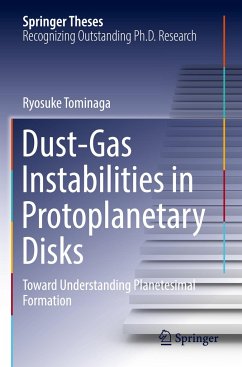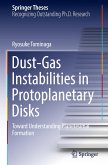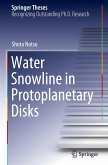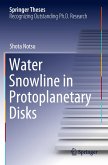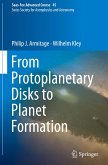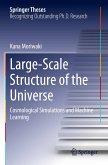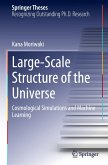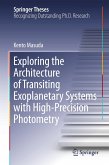How planets form is one of the long-standing questions in astrophysics. In particular, formation scenarios of planetesimals which are kilometer-sized bodies and a precursor of planets are still unclear and under debate although some promising mechanisms have been proposed.
This book highlight disk instabilities that have the potential to explain the origin of planetesimals. Using linear analyses and numerical simulations, it addresses how a disk evolves through the development of instabilities, and also presents a new instability driven by dust coagulation. As a result, the simulation demonstrates a scenario of planetesimal formation: A successive development of multiple instabilities triggers planetesimal formation in resulting dusty rings.
This book highlight disk instabilities that have the potential to explain the origin of planetesimals. Using linear analyses and numerical simulations, it addresses how a disk evolves through the development of instabilities, and also presents a new instability driven by dust coagulation. As a result, the simulation demonstrates a scenario of planetesimal formation: A successive development of multiple instabilities triggers planetesimal formation in resulting dusty rings.

